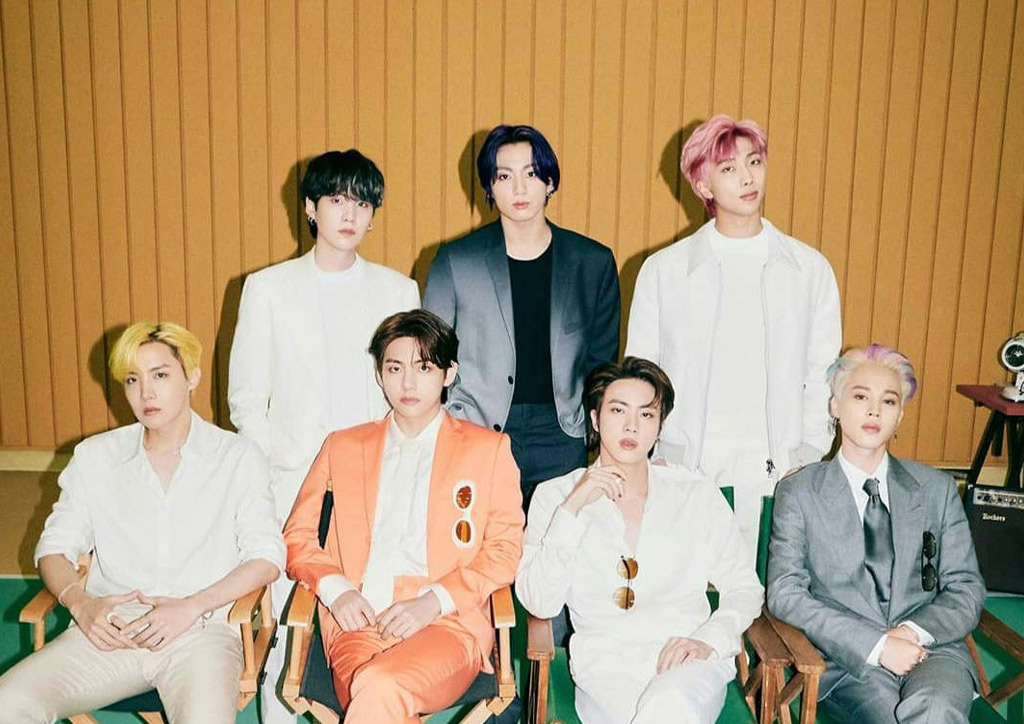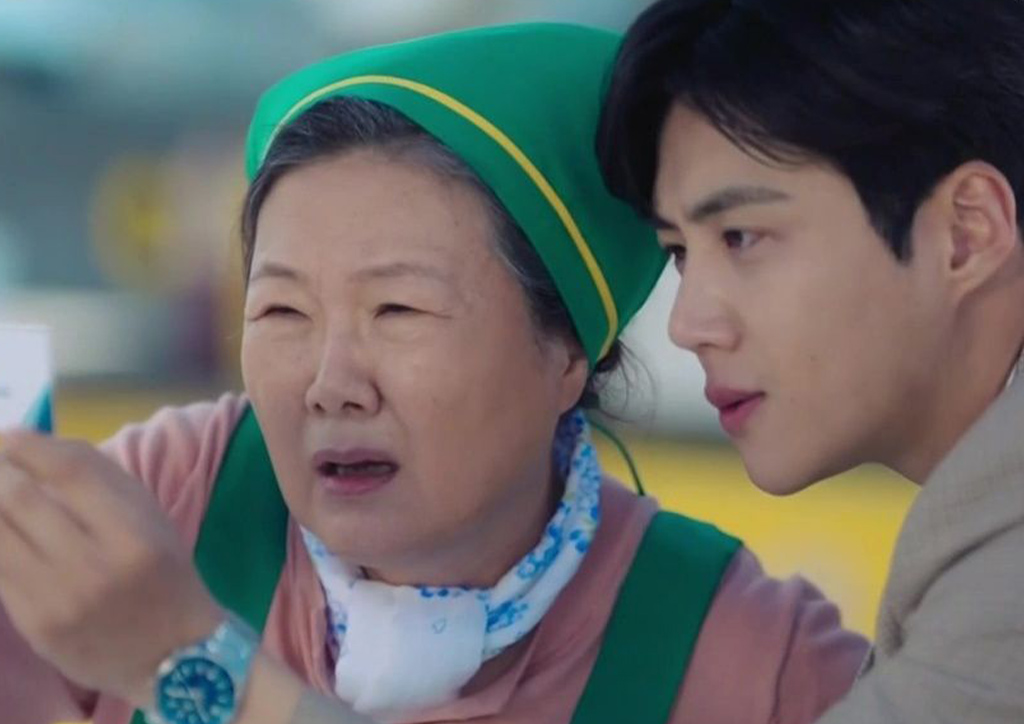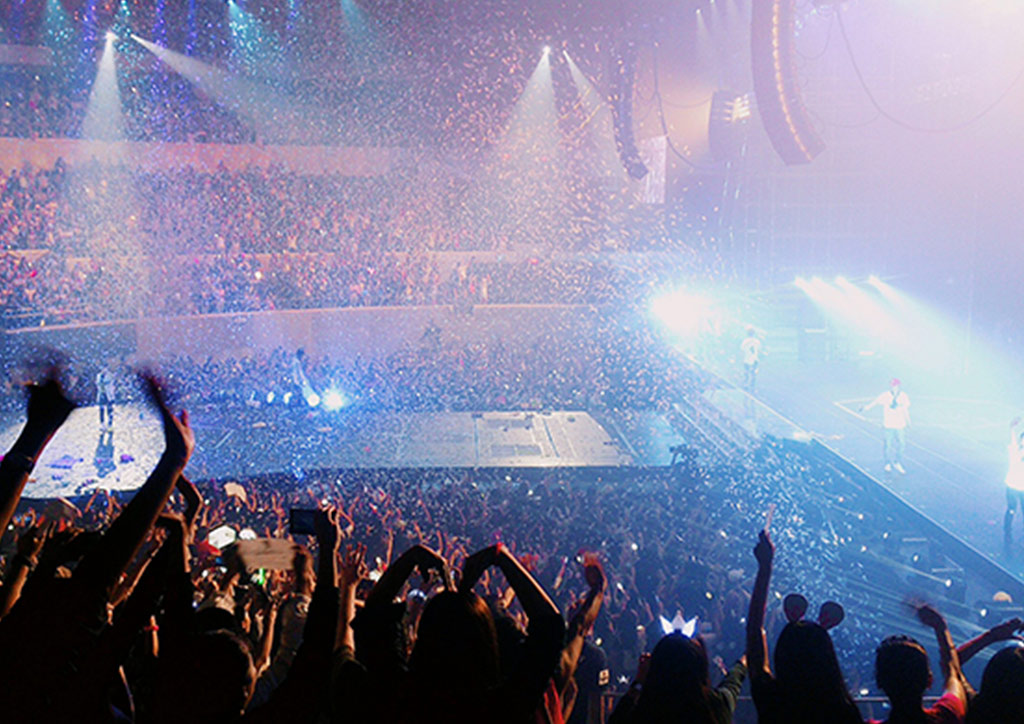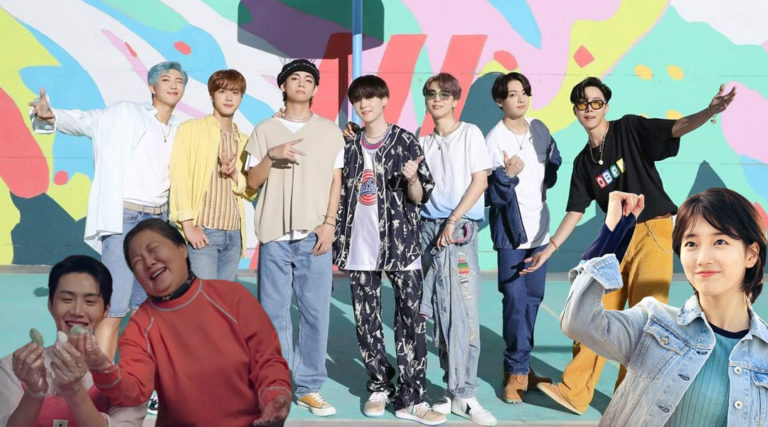Kids
K-Pop Lingo 101: A Guide to Your Kids’ K-Pop Vocab
If you’ve ever wondered what “oppa,” “selca,” and “hallyu” mean, here’s a handy guide to help you understand your kids’ K-pop lingo!
K-Pop has taken the world by storm and the Philippines is far from immune from the charm and appeal of K-Pop’s catchy tunes, awe-inspiring choreography, and eye-catching hairstyles and outfits.
K-Pop and even K-Drama have become so influential that many fans have even adopted some Korean words into their everyday vocabulary. If your kids happen to be K-Pop or K-Drama fans, you probably know what we mean.

You probably know who BTS or Blackpink are by now, but it won’t be a surprise if you’ve scratched your head one too many times over unfamiliar terms like oppa, unnie, maknae, or even “fanchant.” These terms are all related to K-Pop and can confuse any parent not into the music and culture.
Don’t worry though! Here’s a handy guide to your kids’ K-Pop lingo vocabulary just for you!
Basic Korean greetings and expressions
Let’s first start with the most basic and probably most practical bits of K-Pop lingo you should know. Many young K-Pop fans these days have taken to using Korean greetings and expressions when talking to fellow fans and even non-fans.
These greetings and expressions can prove useful to you as well, especially if you ever find yourself in Korea on a trip.

The most basic and well-known is probably annyeonghaseyo. If your child says this, your kid is saying hello to you. If your child says “Buy me food, juseyo,” it’s basically “Buy me food, please.”
Ne is yes while aniyo is no. Your child is saying thank you when he or she says komawo or kamsahamnida. If your child says mianhae, he or she is apologizing to you.
Honorifics and terms for family and relationships
Now let’s jump to honorifics and words meant for family and those you have a relationship with. Some of these terms can be pretty tricky as they’re based on the genders of both who said and who is being addressed.

Let’s start with the simple ones first. If you’re a mom, your K-Pop-loving child might just call you omma. If you’re a dad, he or she might refer to you as appa. When someone is the maknae in the family or in a group, that person is the youngest in terms of age. If you hear your son or daughter call someone else a chingu, your child is basically calling that person a friend.
Here’s where it can get tricky and confusing. You might’ve already heard your kid refer to his or her favorite K-Pop idol as oppa, eonnie/unnie, hyung, and noona. The use of these honorific titles depend on the person using them and who the person being referred to or addressed.
The term oppa can only be used by a female to call an older male sibling or friend. On the other hand, a female can refer to an older female sibling or friend as eonnie/unnie. An older female sibling or friend is called noona by a younger male. Lastly, the term hyung can be used by a male to refer to an older male brother or friend.
K-Pop-specific terms
K-Pop fans also tend to use terms or even slang that are specific to the culture of the fandom. They aren’t commonly used in everyday conversation unless the conversation is about K-Pop or the hallyu wave,
We can start with that one. Hallyu basically means “Korean Wave” and is the term used to refer to the growth in popularity of Korean culture, including K-Pop, K-Drama, and even Korean food.
When a fan is an “anti” of a certain K-Pop group, then it means that person hates that K-Pop group. On a more extreme level, a fan is called a sasaeng when that fan is pretty much already a stalker of a particular idol or group. Multi-fandom fans, otherwise known as “multi,” are people who are fans of multiple groups.

If your K-pop loving child has a “bias,” the term is referring to your child’s favorite member in the group. An idol becomes a “bias wrecker” when he or she makes a fan question if their bias is really their bias.
When a K-Pop idol is considered a “main,” whether the main vocal, main rapper, or main dancer, that particular idol is the best one in his or her group at singing, rapping, or dancing. When an idol is referred to as a “lead,” it often means that he or she is the next best one after tha main.
Other lingo you’ve probably heard from your K-Pop-loving child
If your son and daughter ever said “Hwaiting!” to you, it’s actually an expression of encouragement. Your child is telling you that you can do it and wishing you good luck at the same time.

If your child asks for a selca, it’s actually the Korean term for a selfie.
Well, there you have it! It’ll take a while to remember the meaning of all the terms or to even remember what the terms are themselves. Once you get the hang of it, though, you won’t feel so clueless anymore once your child goes into K-Pop fangirl/fanboy mode!
Ready to learn more about everything Korea? Here are some suggested stories you can check out:
5 Parenting Lessons From K-Dramas That Are All About Family
9 Adorable Reasons Why This Mom Loves BTS
Still Don’t Know Who Blackpink Is?





